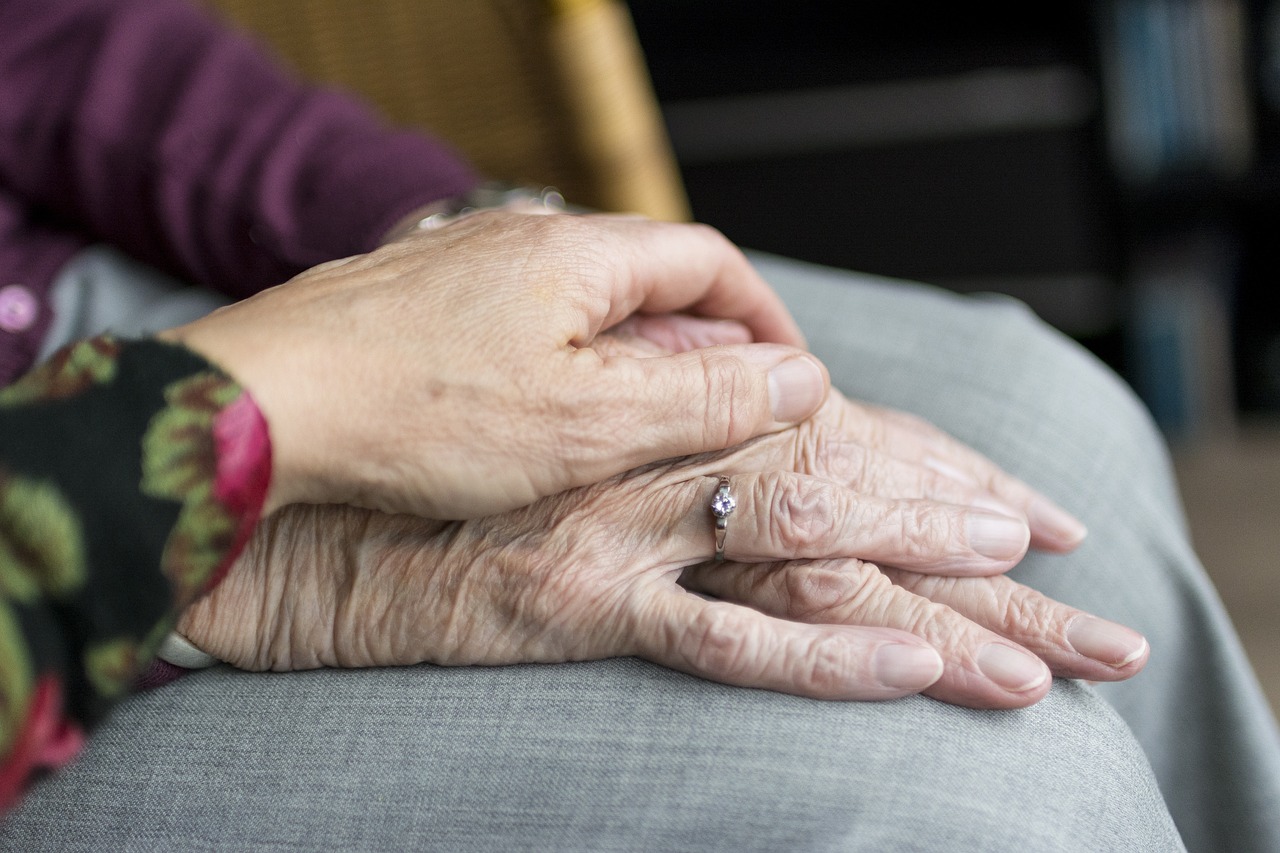Residential aged care is a crucial component of the healthcare system, providing specialized services and support to elderly individuals who require assistance with their daily living activities. As people age and their needs evolve, residential aged care facilities offer a safe and comfortable environment that fosters both physical and emotional well-being. In this article, we will explore what residential aged care is, its key features, the services it provides, and the benefits it offers to seniors and their families.
What Is Residential Aged Care?
 Residential aged care refers to a dedicated facility that offers 24-hour care and support to older individuals who can no longer manage all aspects of daily living on their own. It is designed to provide a home-like environment where seniors can receive assistance with personal care, health-related services, and access to a variety of social and recreational activities. The ultimate goal of residential aged care is to ensure that residents receive the care and support they need while maintaining their dignity and quality of life.
Residential aged care refers to a dedicated facility that offers 24-hour care and support to older individuals who can no longer manage all aspects of daily living on their own. It is designed to provide a home-like environment where seniors can receive assistance with personal care, health-related services, and access to a variety of social and recreational activities. The ultimate goal of residential aged care is to ensure that residents receive the care and support they need while maintaining their dignity and quality of life.
Key Features of Residential Aged Care
- 24-Hour Care: Residential aged care facilities provide round-the-clock care, ensuring that residents receive assistance whenever needed. This includes help with personal hygiene, medication management, and more.
- Personalized Care Plans: Each resident has an individualized care plan tailored to their specific needs and requirements. This plan is regularly reviewed and adjusted as needed to ensure ongoing care relevance.
- Skilled Nursing Care: Residential aged care facilities have qualified nurses and care staff who can assist with a wide range of healthcare needs, including wound care, medication administration, and managing chronic conditions.
- Nutritious Meals: Nutritious and well-balanced meals are provided to meet residents’ dietary needs and preferences. Special dietary requirements are accommodated as well.
- Social Activities: Aged care facilities organize social activities and programs to engage residents and promote social interaction. These activities can include exercise classes, arts and crafts, outings, and more.
- Access to Healthcare Services: Residents have access to a network of healthcare professionals, including doctors, therapists, and specialists who can provide medical care and support as required.
Services Offered in Residential Aged Care
- Personal Care: This includes assistance with activities such as bathing, dressing, grooming, and mobility support.
- Nursing Care: Skilled nursing services are available for residents with complex medical needs, including wound care, medication management, and palliative care.
- Social and Recreational Activities: Facilities offer a wide range of activities to keep residents engaged and help combat feelings of isolation.
- Nutritional Services: Residents receive three nutritious meals a day, and dietary requirements are catered to as needed.
- Housekeeping and Laundry: Many facilities provide housekeeping and laundry services to maintain a clean and comfortable environment.
- Assistance with Medications: Trained staff can assist with medication management, ensuring residents receive the right doses at the right times.
Benefits of Residential Aged Care
- Quality Care and Support: Residential aged care facilities offer access to skilled healthcare professionals who can provide comprehensive care and support tailored to individual needs.
- Safety and Security: These facilities are equipped to provide a secure and safe living environment for residents, reducing the risk of accidents or falls.
- Social Interaction: The social activities and programs encourage residents to engage with peers, fostering a sense of community and combating loneliness.
- Relief for Family Caregivers: Residential aged care can provide respite for family members who may be struggling to provide adequate care to their loved ones at home.
- Enhanced Quality of Life: Through access to healthcare services, personalized care plans, and social activities, residents can experience an improved quality of life in their later years.
Conclusion
Residential aged care plays a vital role in providing comprehensive and specialized care to elderly individuals who require assistance with their daily living activities. These facilities offer a safe and supportive environment that enhances the quality of life for seniors, promotes social interaction, and provides respite for family caregivers. As the elderly population continues to grow, the importance of residential aged care in our society becomes increasingly apparent, ensuring that our aging loved ones receive the care and support they deserve.


